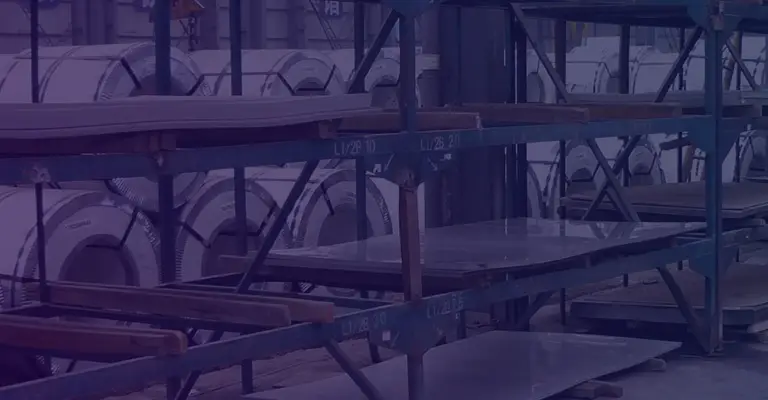Brass tubes are light in weight, good in heat transfer, and high in ultra-low temperature strength. Commonly used in the manufacture of thermal equipment (such as coolers, etc.). It is also used to install cryogenic pipelines in oxygen generating equipment. Copper tubes with small diameters are commonly used in the transportation of burdened liquids (such as air intake systems, vapor pressure systems, etc.) and U-shaped tubes used as instruments. Brass tubes are strong and corrosion resistant.
It mainly has the following advantages: the copper tube is hard, not easy to corrode, and resistant to heat and high pressure, and can be used in a variety of conditions without copper. Compared with brass pipes, the disadvantages of many other pipe fittings are self-evident. For example, galvanized pipes used more in housing in the past are very easy to rust, and the drinking water will turn yellow and the running water will shrink after a short period of use. question. There are also some raw materials whose strength will decrease rapidly under continuous high temperature, and there will be unsafe risks when used for heating pipes. However, because the melting point of copper is as high as 1083 degrees, the temperature effect of the brass pipe on the water system is almost negligible. Common brass tubes include brass tubes for household appliances, brass tubes for refrigeration, high-pressure brass tubes, corrosion-resistant brass tubes, brass tubes for connections, brass tubes for waterways, and brass tubes for electric heating And its industrial grade brass tube, etc.
A variety of aluminum alloys composed of more than two elements are called special brass. Such as alloy copper composed of lead, tin, manganese, nickel, iron, and silicon. Brass has strong wear resistance. Unique brass is also called special brass, which has high strength, high strength and strong resistance to solvent corrosion. There are also more prominent physical properties of drilling production. The seamless splicing copper tube made of brass is soft and wear-resistant. Brass seamless steel pipes can be used in heat exchangers and coolers, cryogenic pipelines, and deep-sea transportation pipes. Manufacture of plates, bars, bars, pipe fittings, casting parts, etc. Containing 62% to 68% copper, it has strong plasticity and is suitable for manufacturing compressive equipment. According to the different types of aluminum alloy elements contained in brass, brass is divided into two types: ordinary brass and special brass. Brass used for pressure processing is called deformed brass.

